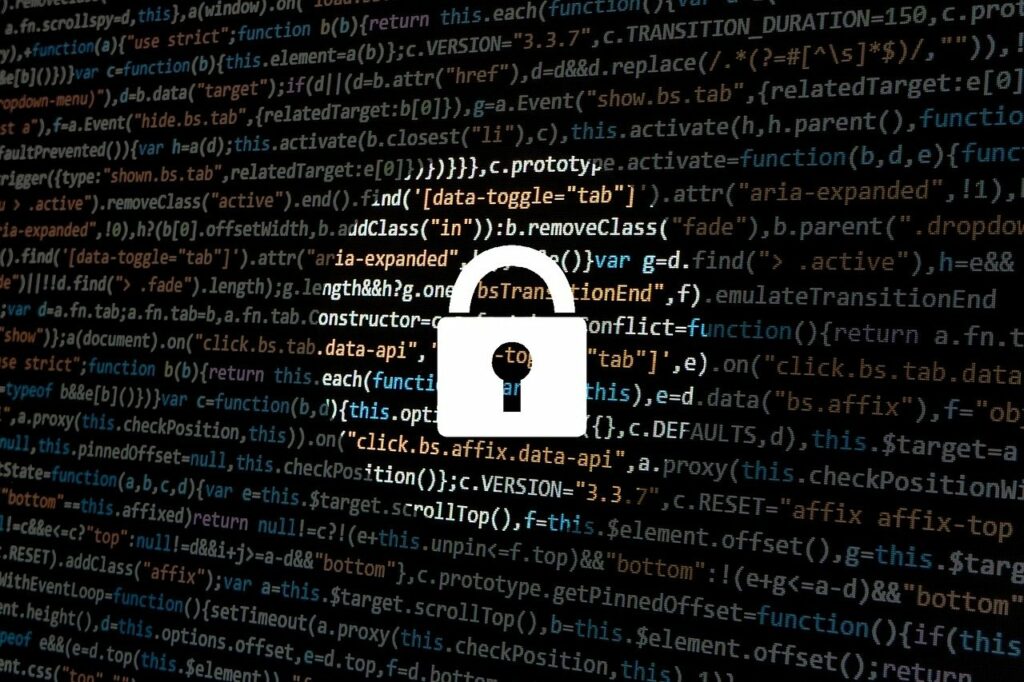Medical practices have a duty to protect the privacy of their patients. This includes safeguarding patient information and medical records from unauthorized access and disclosure. A comprehensive cybersecurity program is essential to meeting this obligation and providing the best patient care possible.
A well-run cybersecurity program will help your practice meet compliance standards and avoid any unnecessary risks. Cybersecurity is one of the biggest risk factors that medical practices are dealing with today, and it continues to increase in severity. If your practice does not have a robust cybersecurity program in place, you may be at risk for a data breach.
One helpful way to ensure the proper security measures are being taken is to create a cybersecurity checklist for your medical practice to make sure your systems are adequately protected.
Developing a Cybersecurity Checklist
Having a checklist for your medical practice can help ensure that your systems are operating properly and are securely storing sensitive patient information. A comprehensive checklist will also support your practice so it meets compliance standards.
There are a few key elements that make up an effective cybersecurity checklist:
- Security Policy and Procedures – Your practice should have a security policy and procedures in place that outline how your systems are to be protected. This should include how staff is to handle patient information and what measures are to be taken in the event of a data breach.
- Risk Assessment – You should conduct a risk assessment with your IT provider on a regular basis to identify any potential risks or vulnerabilities to your system. Doing this will help you determine what measures need to be put in place to mitigate risks and prevent problems moving forward.
- Medical Employee Training – Training employees about the gravity of cybersecurity attacks and helping them understand their role in protecting patient information is a part of comprehensive patient care. As cybersecurity breaches are caused by users 95% of the time, it’s imperative to make sure all staff members are up to date on the latest security protocols.
- Technical Safeguards – Technical safeguards are measures put in place to protect your systems. This includes things like firewalls, intrusion detection, and data encryption.
- Develop a Zero Trust System – Zero trust models are set up as a security measure to block access to devices automatically, even if they’re already connected to a trusted network. This security-conscious system promotes multi-factor authentication as an additional safety measure.
- Regular System Updates – System updates boost device security as they help to patch any vulnerabilities that may have been found in the system. By keeping your systems up to date, you can help protect your practice from any potential cyberattacks.
- Adopt a Strong Password Policy – A strong password policy is one of the most important security measures your medical practice can take to protect its systems and data. By requiring employees to use strong passwords and change them frequently, you can help ensure that accounts are not easily compromised.
Being able to refer to your cybersecurity checklist will give you confidence that you’re following the necessary steps to protect your network and the private information being stored.
Security Checklists Promote Proper Compliance
Medical practices are required to be HIPAA compliant in order to protect the privacy of their patients. A HIPAA-compliant medical practice has implemented certain IT measures that help ensure data security and protect patient information.
HIPAA, or the Health Insurance Portability and Accountability Act, is a federal law that sets standards for the privacy and security of patient information. If a medical practice is not compliant, they can face stiff penalties for any breaches of patient privacy.
Consistently reviewing and evaluating your cybersecurity checklist allows you to maintain proper HIPAA compliance, so you can avoid any data breaches that compromise sensitive patient information.
Protect Your Medical Practice
Medical practices can find it difficult to keep up with the constantly-changing security landscape and compliance standards. The threat of a data breach can be very stressful but having measures in place to safeguard your systems and patient information is the smartest move you can make to protect your practice and patients.
Having a comprehensive cybersecurity checklist can help you optimize your cybersecurity and avoid attacks. Tech Rockstars can handle your all cybersecurity needs and ensure you’re compliant with all federal and state regulations. Give us a call today today!


